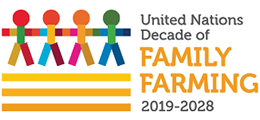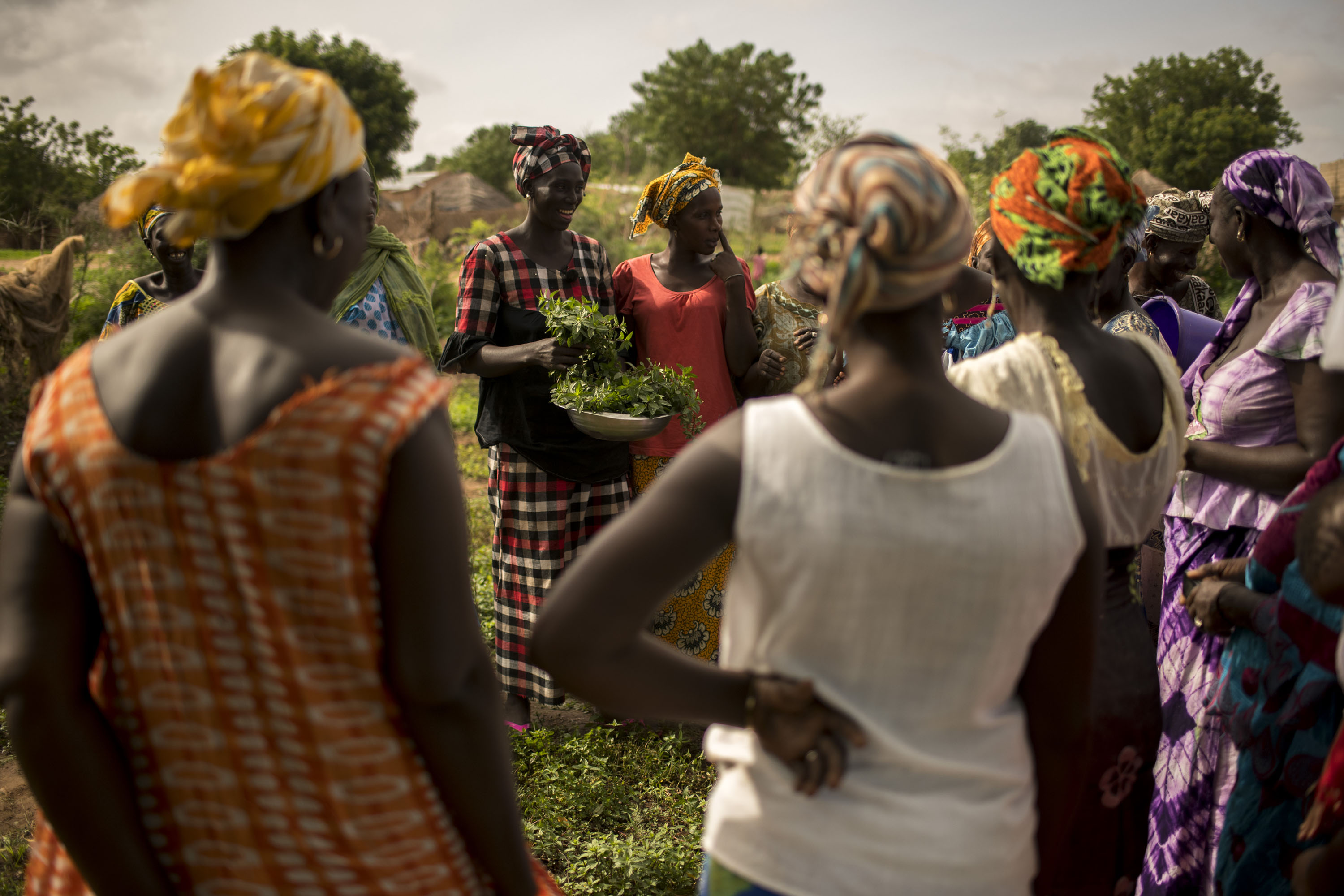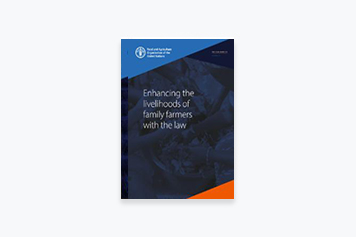
Family Farming Engagement
Family farming plays a pivotal role in ensuring global food security. Producing more than 80 percent of the world’s food in value terms, family farms are central both to rural development and to building resilient, sustainable agrifood systems. Recognizing the vital role that family farms play, FAO strives to further strengthen their agency by fostering innovative family farming policies and programmes, as well as by assisting Member Nations and producer organizations to drive continual improvements for family farming.
Areas of Work
FAO’s Family Farming Engagement Team is the focal point for its work in support of family farming, which centres on the following four areas:
Engagement and Outreach
FAO works closely with local organizations and individuals to assess the status and needs of family farmers in specific regions and countries, involving relevant stakeholders in consultation and negotiation processes as widely as possible. This ensures that the voices and perspectives of family farmers are integrated into policy development and implementation at all stages.
Coordination and Policy Support
Working to tailor family farming policy interventions to specific national contexts, FAO supports governments in assessing their country’s legislative and policy frameworks and programmes on family farming, to ensure that all relevant policy areas are being considered. The collaboration with FAO's Regional and Country Offices and technical units ensure that countries are provided with a fully rounded network of assistance.
Capacity Development
At the heart of FAO’s work with family farmers is an unwavering commitment to empowerment. The team collaborates closely with governments and other local actors, including family farmers’ organizations, academia, and women’s and youth groups, who bring valuable knowledge and insights related to their specific context. These close relationships help ensure capacity development materials are finely tuned to address the distinct needs of the actors they serve.
Technical Leadership
In response to the United Nations General Assembly's call for FAO and IFAD to implement the United Nations Decade of Family Farming 2019-2028, the two organizations established a joint Secretariat, guided by an international steering committee of Member Nations and family farmer organizations. FAO provides crucial knowledge and guidance to ensure a holistic approach, robustly supporting family farming and addressing the multitude of complex, interconnected challenges faced by agrifood systems.
Global Products
Publications
- Family farming and climate-resilient agrifood systems
- Innovation and family farming
- Global Knowledge Products
- Biennial Monitoring 2021-2022
- Legislative and regulatory frameworks for family farming
- Legal Brief on Family Farming
- Good performance and inclusiveness of poor people in cooperatives and other producer organizations: a possible match?
- Family farmers' and small-scale producers' challenges in the context of COVID-19. United Nations Decade of Family Farming Global Consultation
- Coronavirus disease 2019 (COVID-19) and family farming
Key Facts
- Family farming refers to all types of family-based production models, including agriculture, forestry, fisheries, pastoral farming and aquaculture.
- Family farming employs 30 percent of the world’s population and produces over 80 percent of the world’s food in value terms.
- There are currently more than 600 million family farms around the world.
- 95 percent of family farms are smaller than 5 hectares.
- Almost 50 percent of farm labour is performed by women, but they own only 15 percent of farmland.













